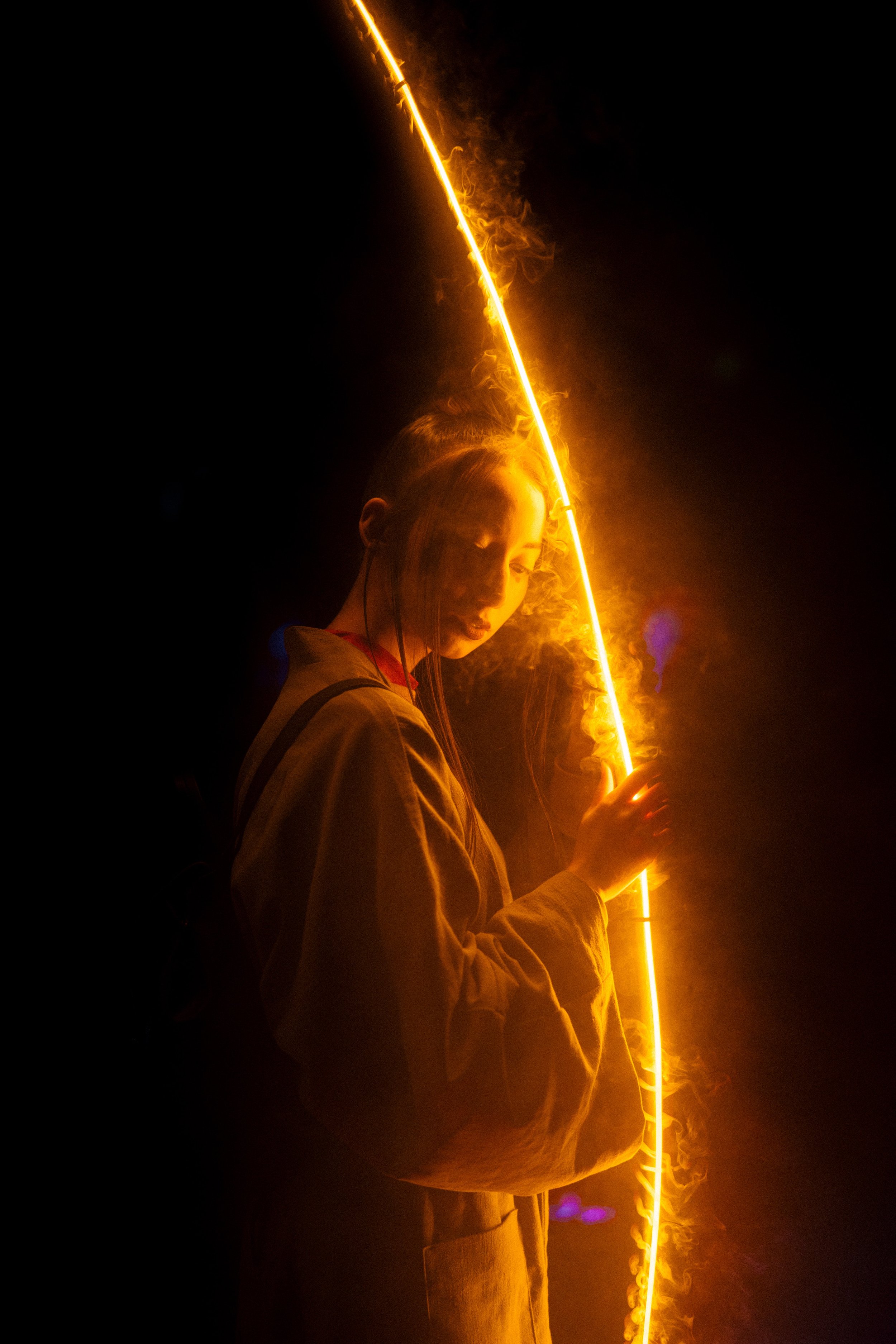Guest Blog 10
Elisabeth Horan discusses the inspiration for her poetry collection.
On Writing Ekphrastic Poetry
By Elisabeth Horan
I have been writing poetry for as long as I can remember – and some of my favourite poetry collections that I’ve had the pleasure of publishing with UK and USA small publishers, have been focused on writers and artists I admire.
Frida Kahlo is an artist I have been aware of and have appreciated since college days… (circa 1997)! I wrote The Mask (Nov 3rd, 2021, Broken Spine Arts) as a way of exploring her art on a deeper level.
You see, I connect with her in parallel ways which one would not expect of a gringa and a Mexicana, separated by language, culture, time, country and history…and yet we do.
The way I approach ekphrastic poetry is more personal than perhaps its more traditional forms.
I try to place myself, and my emotions within the artworks. In the case of Kahlo, we have experienced similar pain, similar loss - pressure, artistic perfection and total commitment - the men in our lives - the losses… I feel it is intrinsic to my relationship to her, to include these parallels in the poetry.
The process, then, of writing and editing an ekphrastic poem feels completely different to other forms. You are not just writing your own truth, you are not just beholden to your own standards… With Frida - it is like being entrusted with her biography, over and over again, in every poem.
But I also have to be very sensitive in that I am not Mexican, I am not Latina - I am not even a visual artist… so with every word I write… I am aware and sensitive - I don’t want to take any liberties… only to say that I feel I understand her, and that I want to share my interpretation of her voice. It’s important for me that I stay in constant communication with the Latino and Mexican community - for help with this - as if they could renew my borrowed license to be worthy of writing for Frida as a white American - and so far they have granted me that privilege.
When I approach an artwork, I also want to think about the time period that Kahlo was writing in. Imagine 1920s, 1930s Mexico. This was a society which was very much run by the patriarchy - plus add in the dynamic of the accepted ‘machismo’ which rules to this day the lives and loves of men and women. Frida was very much beholden to Diego for taking her in as a mentee - most women at that time would have been housewives and nothing more… let alone depicting artwork of vaginas and Marxism and having such a strong voice to question the status quo. I mean my goodness, her art was fearless! What she said in her paintings took absolute balls, and so that is what I try to do in the poems - match her intensity - match her fearlessness. She might have been afraid to send them into the public - as I often am with some of my poetry - but she did it anyway.
So I have studied her - read about her life, but honestly I derive most of my poetic retellings through the paintings themselves…
That said, it is all non-fiction. I don’t make anything up about her in these poems… it’s all based on true history. Amazing life she had - de veras.
The result of approaching a poem from both a personal and a historical viewpoint has resulted in my work having a melding of voices, and I’m very proud of the intimacy of it. And I like to think Frida would be as well.
When I set out to write the collection, I really just wanted to give Frida center stage - to let her speak once more to her fans, to the masses, to the women and male feminists - to see her. She was just a person, a woman, trying hard to be noticed for her art - no different than me. She had a soul and a body - and both were wounded… but she carried on… always painting until the day she died. I hope my readers can be inspired by that strength.
Bio: Elisabeth Horan is a poet, mother, and small press publisher living in the wilds of Vermont. She is the author of numerous poetry chapbooks and collections, and the Editor-In-Chief of Animal Heart Press. Elisabeth is passionate about discovering new voices and mentoring emerging poets.
She is also a fierce advocate for those impacted by mental illness. The Mask is the follow up collection to collection Horan’s Self-Portrait, and is the third chapbook to be published by The Broken Spine.





